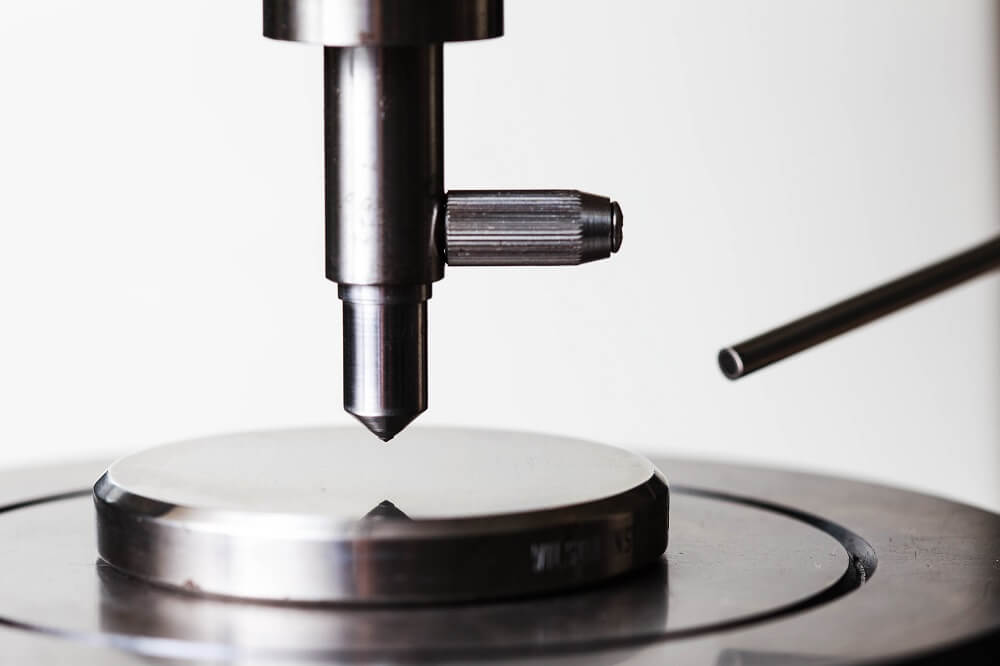Hardness testing is a method of checking the hardness of materials by using a test device called a Mohs scale. Hardness is a physical property that influences the ease with which a material can be scratched or chipped. The higher the number on the Mohs scale, the harder the material.
There are many reasons why rigidity testing is important. For one, hardness tests can help you determine the suitability of a material for certain uses. For example, if you're looking to manufacture gemstones, you'll need to use materials that are hard enough to withstand high levels of wear and tear.

Image source google
Hardness tests can also help you identify potential problems with your existing materials. For example, if you're noticing that some parts of your structure are starting to buckle under pressure, it might be because those parts are made from a softer material than other sections. In this case, hardness testing could help you identify which parts are causing the problem and make necessary adjustments.
In summary, hardness testing is an important method of determining the suitability of materials for various purposes. It can help you identify potential problems with your infrastructure and make necessary adjustments.
Hardness testing is a process used to measure the hardness of a material. Hardness testing is important for a variety of reasons, including manufacturing, scientific research, and quality control. A hardness tester works by applying pressure to the material being tested. The amount of pressure applied is measured and used to determine the hardness of the material. Hardness testing can be performed using a variety of methods, including static (no motion) and dynamic (with motion) tests.
